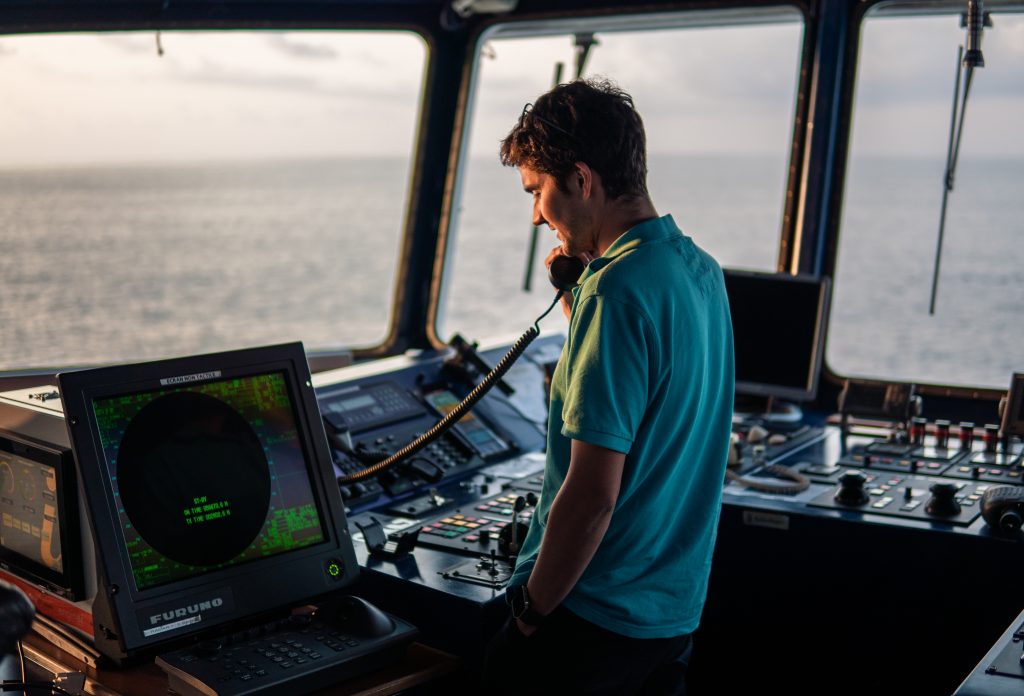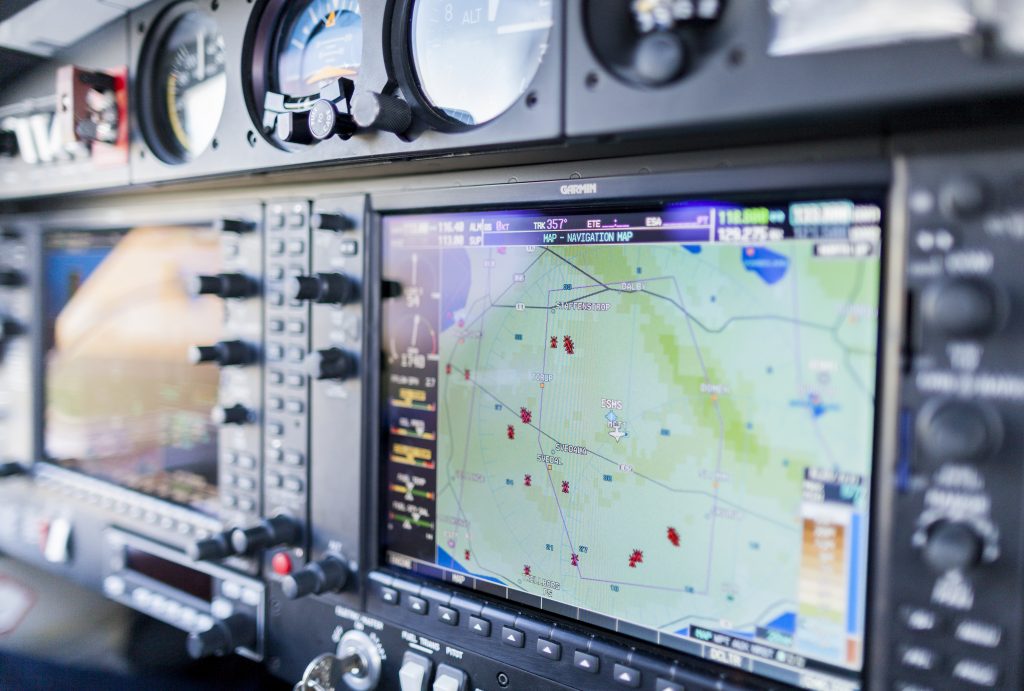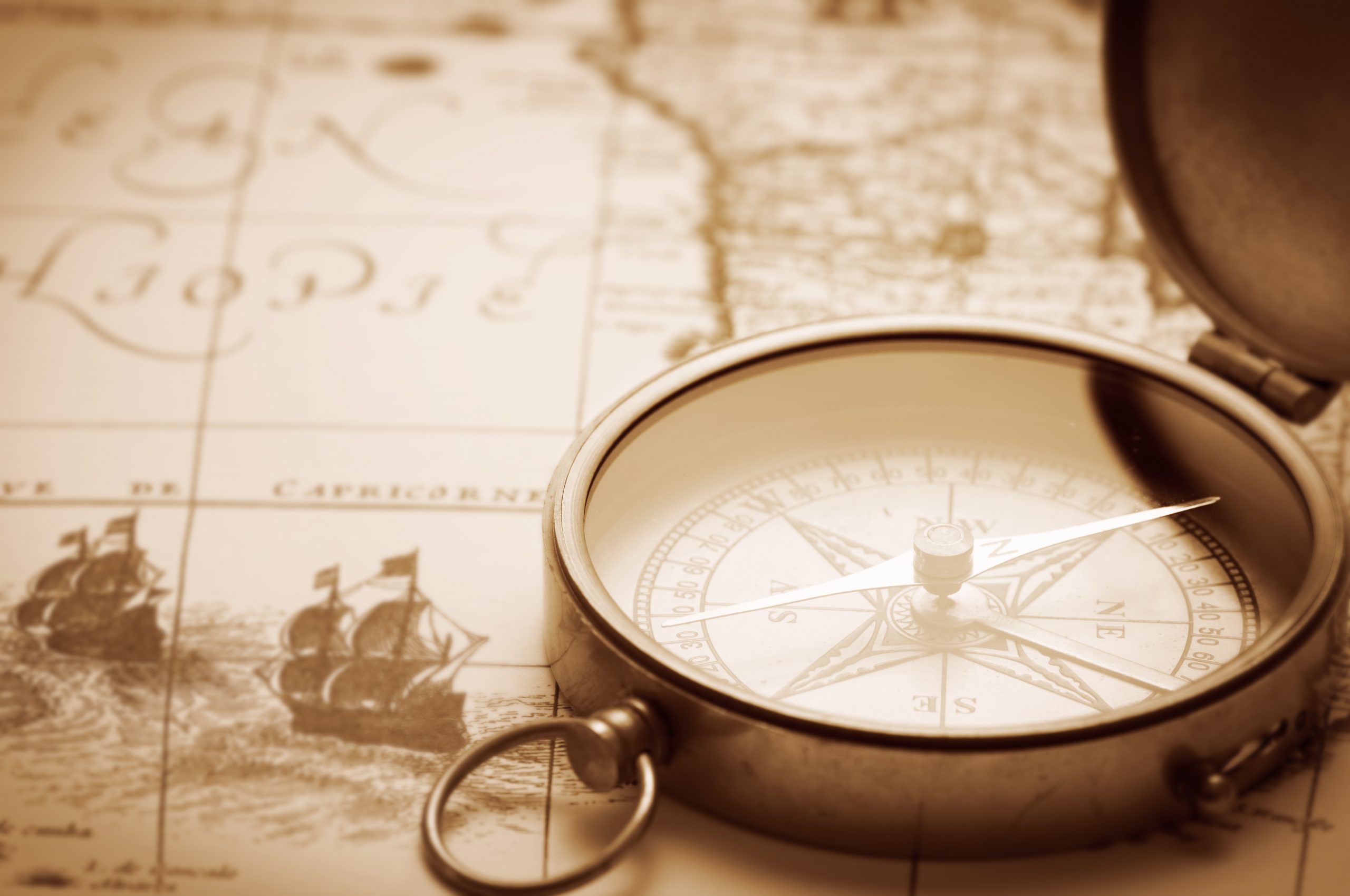In a world where finding your way has become as easy as tapping a screen, it’s easy to overlook the rich history and human effort behind modern navigation. The journey from ancient methods of wayfinding to the sophisticated Global Positioning System (GPS) we rely on today is a story of human curiosity, innovation, and the relentless pursuit of exploration.
The concept of satellite-based navigation, which eventually gave birth to GPS, emerged during the tense days of the Cold War. The initial push came from a very human need: to know precisely where we are and where we’re going, especially in the military context of guiding missiles and positioning troops.
The launch of the Soviet satellite Sputnik in 1957 was a wake-up call for the world. As Sputnik orbited the Earth, scientists in the United States realized they could track its radio signals by observing the Doppler shift, a phenomenon where the signal’s frequency changes due to movement. This discovery was more than just a scientific breakthrough—it was a glimpse into a future where satellites could help us pinpoint locations anywhere on the globe.

In the 1970s, the U.S. Department of Defense began developing a more reliable and accurate satellite navigation system. The project, initially named Transit, was designed to aid submarines. However, this system had its limitations, which led the U.S. Air Force to develop the more advanced NAVSTAR (Navigation System with Timing and Ranging), later known as GPS.
The first GPS satellite, NAVSTAR 1, launched in 1978, was a stepping stone to a revolutionary global system. By 1983, following the tragic incident with Korean Air Lines Flight 007, the U.S. government made GPS available for civilian use. This decision opened up a world of possibilities, far beyond military applications.
By 1993, the GPS constellation was fully operational, with 24 satellites providing global coverage. These satellites work together to broadcast signals that GPS receivers use to calculate their exact position, speed, and time. It was designed to work around the clock, in all weather conditions, offering a level of accuracy previously unimaginable.
Initially, GPS signals for civilian use were intentionally degraded under a policy known as Selective Availability, to prevent hostile forces from exploiting the system. However, in a move that marked a significant moment in history, the U.S. government ended Selective Availability in May 2000, significantly improving the accuracy of GPS for everyone. This decision made everyday navigation more precise, with typical accuracies improving to about 10 meters.

Since then, GPS technology has continued to evolve, with numerous upgrades enhancing accuracy, reliability, and integrity. The newer GPS III series of satellites, for example, offers stronger signals, better accuracy, and improved resistance to jamming.
Other countries have also developed their own satellite navigation systems, such as Russia’s GLONASS, the European Union’s Galileo, and China’s BeiDou. Today, many GPS devices can use signals from these systems, offering even greater accuracy and reliability, especially in challenging environments like dense cities or remote wilderness.
The advent of GPS has revolutionized navigation and opened up new possibilities in fields as diverse as agriculture, logistics, aviation, and emergency response. It has become an indispensable part of our lives, from helping us find the fastest route home to tracking packages or ensuring airplanes and ships navigate safely.
As GPS technology continues to advance, it promises to become even more integrated into our daily lives. The future holds exciting possibilities, from augmented reality navigation to fully autonomous vehicles, making our journeys safer, smarter, and more connected. The story of GPS is a testament to human ingenuity and our unyielding desire to explore and understand the world around us.














